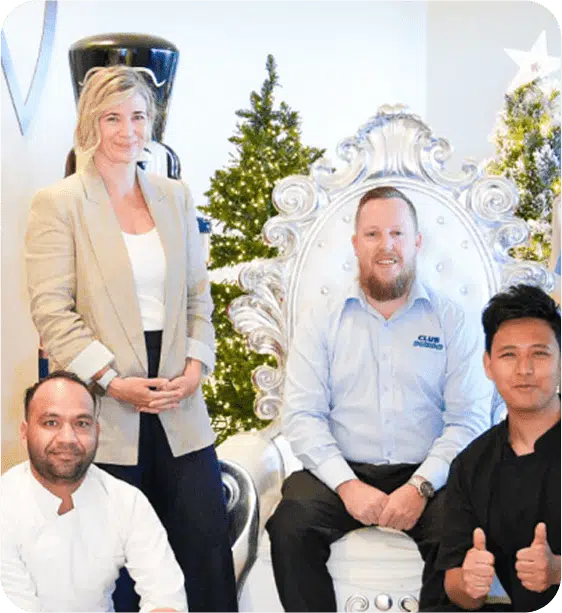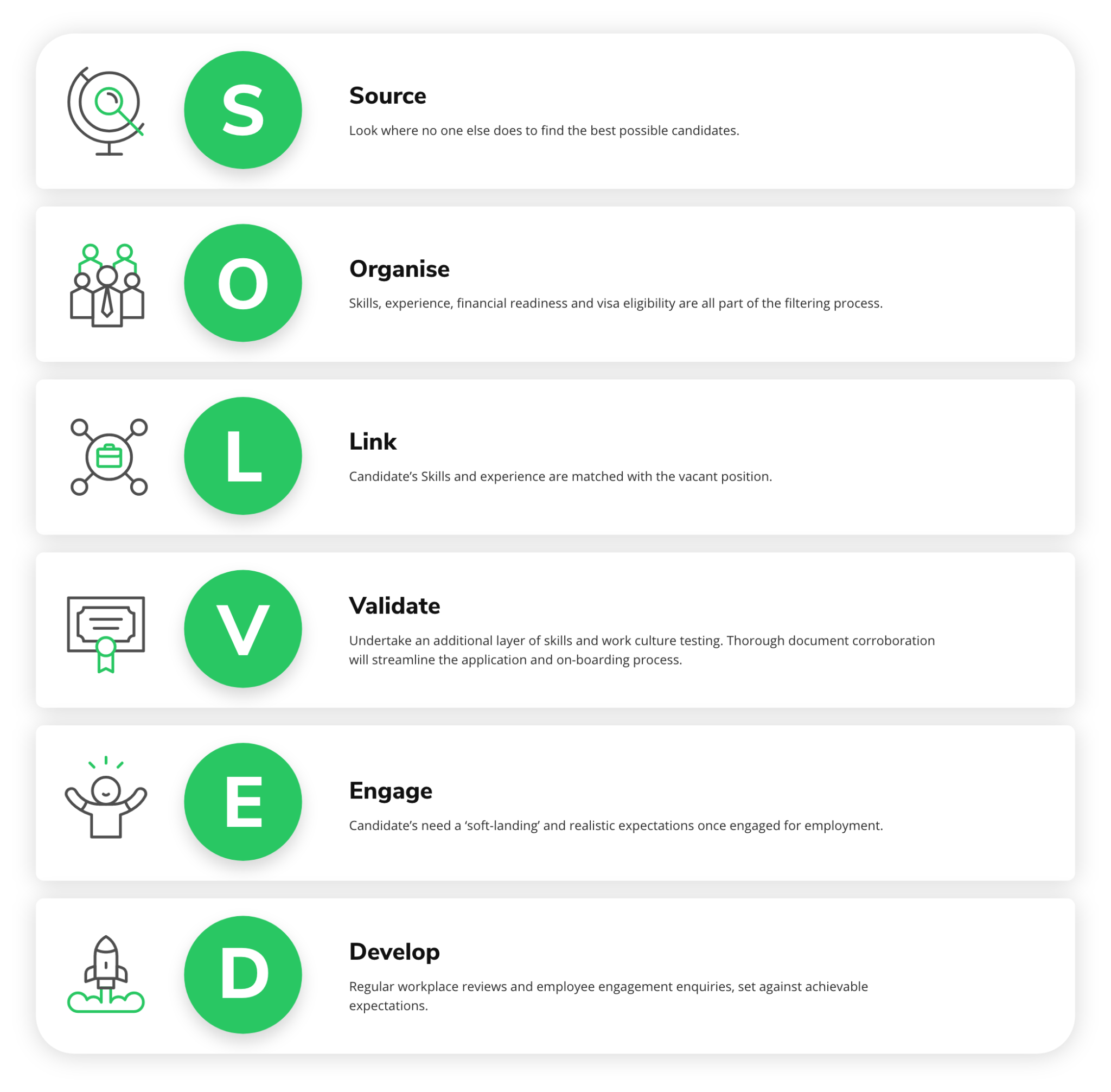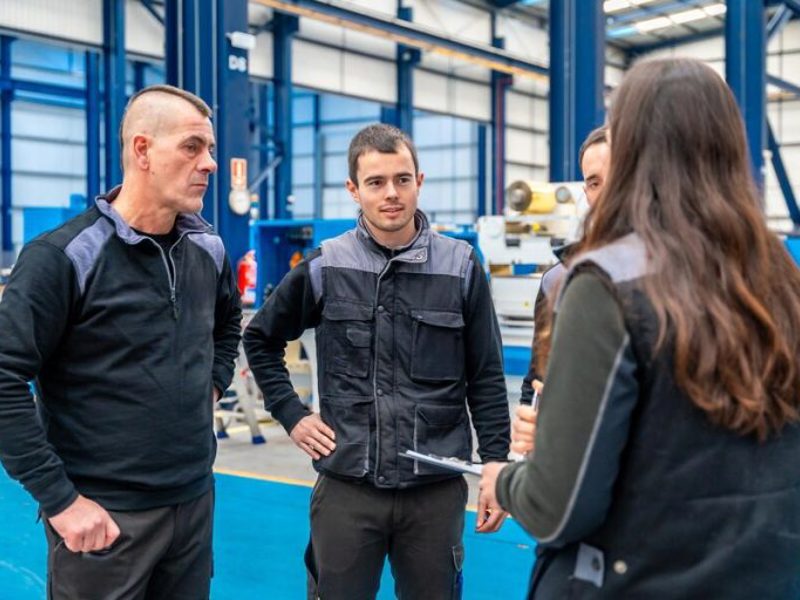
Welcome to
youSolved.
Abigail Jones is an entrepreneur who established You Solved to fill the widening Austrlaian skills gap. Driven by a deep sense of purpose, her business and consultancy career spans 20 years.
Starting her career in London in the early 2000’s Abigail ran Electric House, a private member’s club and part of the exclusive Soho House Group. A migrant herself, Abigail moved her life to Australia in 2005 and commenced a five year stint at the Shangri-La Hotel, finishing as Director of Food & Beverage in 2010. From 2011 to 2018 Abigail owned and ran her own multi-million dollar hospitality businesses, including restaurants, catering contract business and a consultancy.
In 2019, as Director of Food & Beverage at Pan Pacific Perth Abigail brought Peruvian cuisine to Perth, successfully partnering Pan Pacific with acclaimed chef Alejandro Saravia.
Hire Quality Staff
Our Process

Hire great staff that stay long term.
Enquire Today
We help our clients hire skilled trades from international locations.
+ 35yrs of Experience
Meet the Team

Abigail Jones

Flynn Oliver

Bikash KC
Latest News
Learning Center

31 Mar
Bridging Cultures: Empowering Independent Work in Australian Workplaces
Differences When skilled professionals move across continents to take up roles in Australia, they bring with them more than just technical experience—they bring unique perspectives shaped by different cultural norms. For many regional Australian businesses, especially those hiring from Africa[...]

24 Feb
Onshore vs. Offshore Candidates: What Regional Australian Businesses Need to Know
If you run a business in regional Australia, you already know how tough it is to find skilled tradespeople. Whether you’re looking for chefs, fitters & turners, metal fabricators, or heavy diesel mechanics, the talent pool feels smaller every year.[...]

30 Jan
Navigating the Updated Skills in Demand (SID) Visa: Opportunities and Key Considerations for Employers
The Subclass 482 visa, now known as the Skills in Demand (SID) visa, is a temporary visa that allows Australian employers to address labor shortages by bringing in skilled workers from overseas. When utilized effectively, this visa offers a streamlined[...]
Employers & Candidates
Testimonials

Tara Senam
Motel Mezza
I have had the pleasure of working with Abigail from You Solved on many occasions now over the last 12 months. And on all occasions ,we have had success with my staffing solutions and immigration. Abigail is a wealth of...

Amelia Samingkaw
Thaiger Temple
Abi and her team have been absolutely amazing in finding us employees who have been hardworking and loyal!

Sophia De Wit
The Junction Hotel
Abigail from You Solved has been a pleasure to work with. She has helped in finding our business 2 reliable and hardworking chefs. We will not hesitate to use this company in the future. Thank you for your great customer...

Nikki Tomasoni
Without the advice and support of You solved my client would not have filled a significant skills gap in their business. I and my client are so grateful for the help and guidance provided by your team – thank you.

Blake Field
Abigail was amazing in helping our company find 2 Chefs which have become a great assets to our team.
Sign Up To Our Newsletter
Get the latest news, offers, tips and much more



